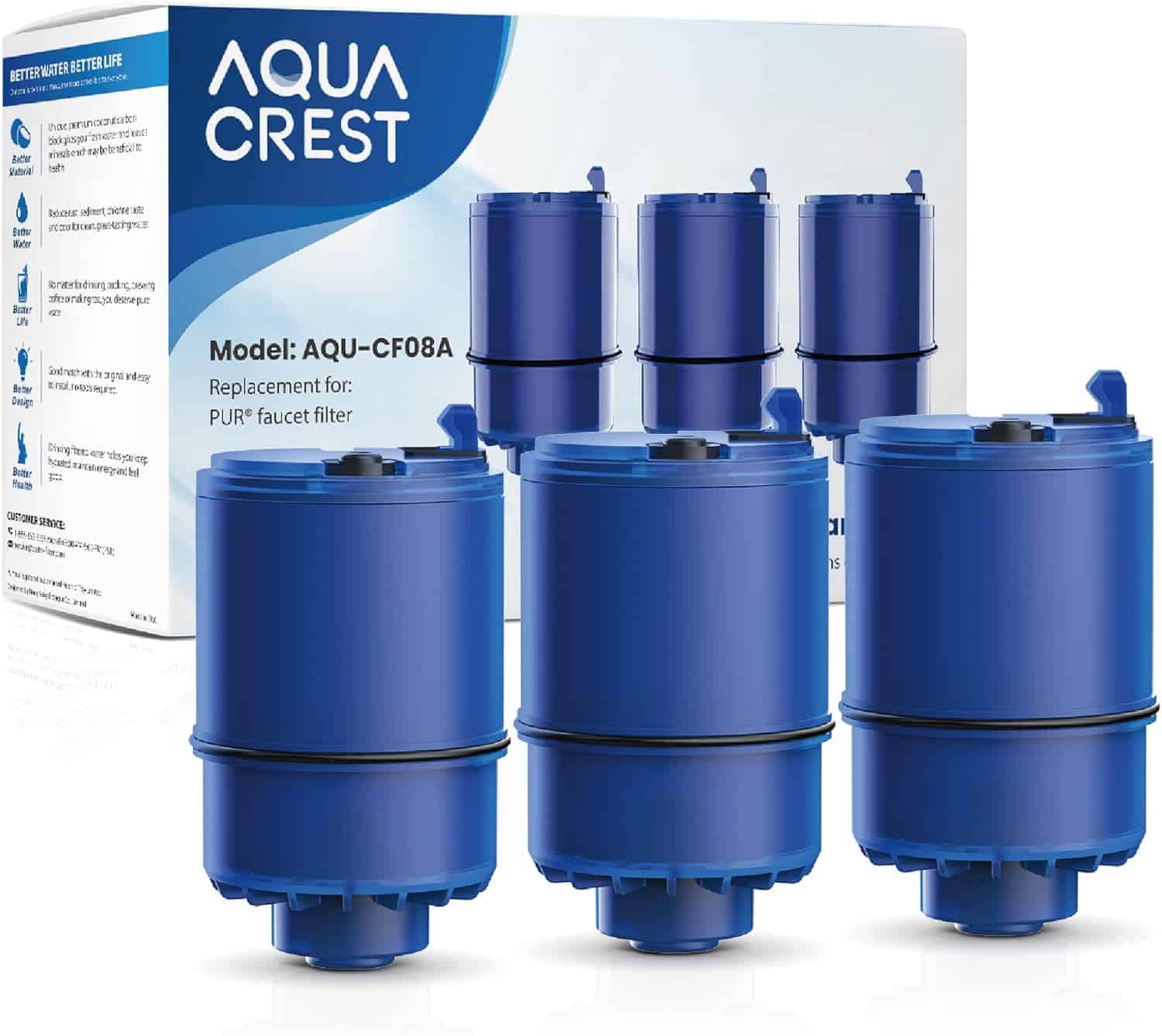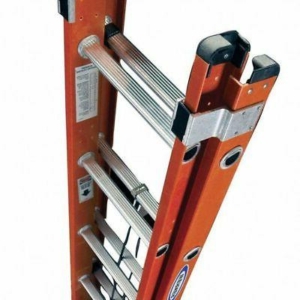Wire Cutters: The Essential Tool
for Your DIY Projects
Wire cutters are an indispensable tool that every DIY enthusiast should have in their toolbox. Whether you are a professional or a hobbyist, wire cutters can save you time and effort when working with wires of various sizes and materials. This article will explore the different types of wire cutters available their uses, and provide some tips on choosing the right pair for your needs.
Types of Wire Cutters
There are several types of wire cutters, each designed for specific tasks. Understanding the different types will help you make an informed decision when purchasing wire cutters.
1. Diagonal Cutters
Diagonal cutters, also known as side cutters or flush cutters, feature angled cutting edges that allow for precise cuts close to the surface. These cutters are ideal for cutting wires in tight spaces or flush against a surface. They are commonly used in electrical work, jewelry making, and model building.
2. Needle-Nose Pliers
Needle-nose pliers, often referred to as long-nose pliers, have long, narrow jaws with pointed tips. They are excellent for bending or shaping wires, as well as reaching into confined spaces. Needle-nose pliers can be used for a wide range of tasks, including jewelry making, electrical work, and intricate crafts.
3. Wire Strippers
Wire strippers are specifically designed to remove the insulation from electrical wires. They have notches of different sizes to accommodate various wire gauges. With wire strippers, you can easily strip the insulation without damaging the wire underneath. This tool is essential for any electrical project or repair job.
4. Cable Cutters
Cable cutters, as the name suggests, are used for cutting thicker cables and wires. They are built with hardened steel blades to easily cut through tough materials like steel or aluminum. Cable cutters are commonly used in construction, automotive repairs, and electrical installations.
Choosing the Right Wire Cutters
When selecting wire cutters, there are a few factors to consider that will ensure you choose the right tool for your project.
1. Cutting Capacity
Consider the maximum wire gauge or thickness that the wire cutters can handle. Different wire cutters have different cutting capacities, so choose one that matches the type of wires you commonly work with.
2. Comfort and Ergonomics
Since wire cutting often requires repetitive motions, it is crucial to choose wire cutters that are comfortable to hold and easy to use. Look for models with ergonomic handles and non-slip grips to reduce hand fatigue during prolonged use.
3. Durability
Investing in a high-quality pair of wire cutters will save you money in the long run. Look for wire cutters made from durable materials such as hardened steel to ensure they can withstand frequent use and last for years to come.
Frequently Asked Questions
Here are 10 frequently asked questions about wire cutters along with their answers:
FAQ 1: What are wire cutters used for? Answer: Wire cutters are tools designed for cutting through various types of wires and cables, such as electrical wires, cables, zip ties, and thin metal wires.
FAQ 2: What are the different types of wire cutters available? Answer: There are several types of wire cutters, including diagonal cutters (flush cutters), needle-nose pliers with wire cutting capability, cable cutters for heavy-duty cables, and wire stripping pliers that can both cut and strip wires.
FAQ 3: Can I use regular scissors instead of wire cutters? Answer: While regular scissors can sometimes cut thin wires, they are not designed for this purpose and may become damaged. It’s recommended to use proper wire cutters for efficient and safe wire cutting.
FAQ 4: How do I choose the right wire cutter for my needs? Answer: The type of wire cutter you need depends on the thickness and type of wire you’ll be cutting. Choose diagonal cutters for general use, cable cutters for thick cables, and needle-nose pliers with wire cutting edges for precision work.
FAQ 5: Are wire cutters suitable for cutting live electrical wires? Answer: No, it’s extremely dangerous to cut live electrical wires with wire cutters. Always turn off the power and follow proper safety procedures before working with electrical wires.
FAQ 6: Can wire cutters be used for cutting other materials besides wires? Answer: Wire cutters are primarily designed for cutting wires and cables, but they can also be used to cut thin materials like plastic, rubber, and lightweight sheet metal.
FAQ 7: How do I maintain and extend the lifespan of my wire cutters? Answer: To keep your wire cutters in good condition, regularly clean them after use, avoid cutting materials that are too hard for their intended purpose, and store them in a dry place to prevent rust.
FAQ 8: What’s the difference between flush cutters and regular diagonal cutters? Answer: Flush cutters have blades that align directly with the tool’s head, allowing for clean and flush cuts. Regular diagonal cutters have blades that come together at an angle, which can leave a small protrusion after cutting.
FAQ 9: Can wire cutters also strip wires? Answer: Some wire cutters, known as wire stripping pliers, are designed to both cut and strip wires. These pliers have notches or holes in their jaws for removing insulation from wires.
FAQ 10: Are expensive wire cutters worth the investment? Answer: High-quality wire cutters often come with better materials and precision, which can result in cleaner cuts and increased durability. If you frequently work with wires, investing in a good pair of wire cutters is usually worthwhile.
Conclusion
Wire cutters are an essential tool for any DIY projects involving wires. Understanding the different types of wire cutters available and their specific uses will help you choose the right tool for your needs. Consider the cutting capacity, comfort, and durability when making your purchase. With the right pair of wire cutters in your toolbox, you’ll be able to tackle any wiring project with ease and precision.







